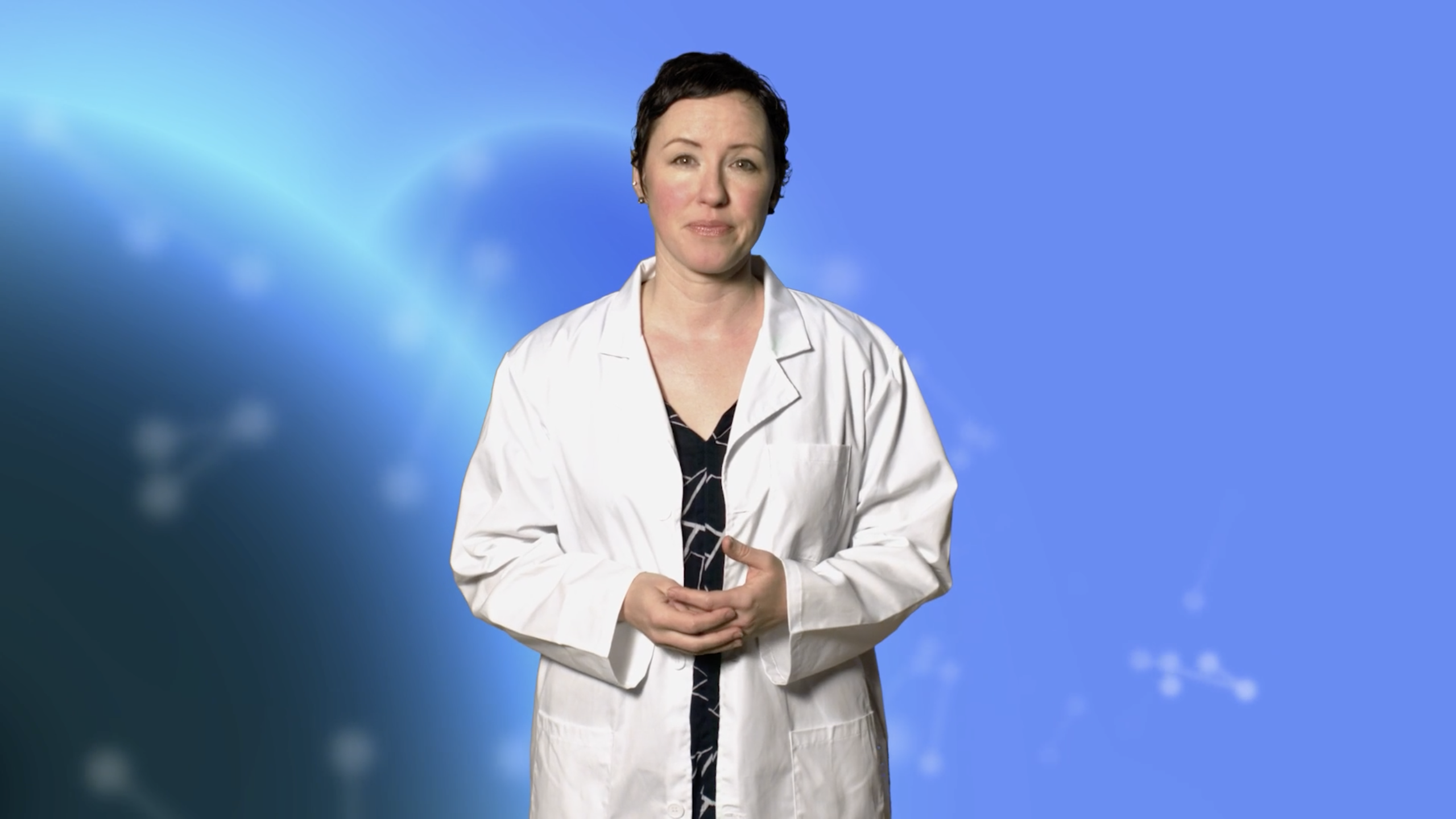Cohen Veterans Bioscience (CVB) is proud to introduce an unprecedented new video series that provides the practical knowledge necessary for researchers to incorporate sex as a biological variable into their current and future research. Titled Addressing Sex as a Biological Variable in Preclinical Pharmacology and Neuroscience Research: Accounting for Neglected Factors and Applying Practical Solutions to Enhance Rigor and Reproducibility, the 18-part video training program was developed to help strengthen the translation of basic research findings to human care.
Developed under the leadership of Dr. Chantelle Ferland-Beckham, PhD, Senior Director of External Affairs and head of educational programming for CVB, the video series was created in response to a 2015 National Institutes of Health (NIH) policy aiming to transform research design, analysis, and reporting in the preclinical sphere by ensuring that both male and female organisms were included in early-stage animal research. A similar policy was enacted nearly 20 years earlier (in 1993) mandating the inclusion of women in human studies. Prior to 2015, most biomedical research was conducted solely in male animals. As a result, females were historically underrepresented in preclinical research studies.
“Research based solely on males can translate poorly to female human populations,” said Dr. Ferland-Beckham. “This is particularly troubling in the field of neuroscience, where there are many well-established differences in basic biology between men and women. Research in brain disorders often shows sex differences in the prevalence, progression, and responses to treatment. By determining how males and females are both similar and different across biological systems, we drive the discovery of health solutions that better fit the entire population,” Dr. Ferland-Beckham added.
For many researchers, navigating the new policy has led to confusion and revealed a knowledge gap that has hindered them from fully adopting the policy. This new video series aims to overcome that knowledge gap. Across the 18 videos, researchers will be able to review what is known about sex differences in the fields of neuroscience and pharmacology and learn why research inclusive of both sexes is important for advancing patient-centered treatments and spurs innovation by opening new areas of potential discovery.
Dr. Magali Haas, MD, PhD, CEO of CVB noted, “Females have historically not been part of the equation when it comes to the important health discoveries that have shaped clinical care. The assumption that women and men were fundamentally similar beyond the reproductive system left major gaps in our understanding, at the detriment of informing sex-appropriate medical care. When we factor biological sex into the design, analysis and reporting of all research studies, we ensure that we aren‚Äôt making decisions for 100% of the population based on half of the data.”
The videos are available now on the Global Preclinical Data Forum’s website, a joint global initiative of CVB and the European College of Neuropsychopharmacology to address modern issues in preclinical science that contribute to poor research quality and hinder progress in clinical care. Many of the activities of the Global Preclinical Data Forum center around providing training to early career researchers on how to ensure that the science they conduct abides by rigorous standards of experimental design, methodology, analysis, interpretation and reporting.
Dr. Ferland-Beckham added: “When we have confidence that the research on which we base our knowledge is conducted in such a way that others can reliably reproduce and extend the findings, then our ability to further scientific discovery and maximize efforts increases. CVB believes that training the next generation of the scientific workforce in these principles is key to improving the success rate of clinical research and development. We are proud to be able to add this training series on sex as a biological variable to our toolbox of resources that will further improve the basic starting material for all research in brain health.”
The creation of these training videos was made possible through a generous grant from the National Institute of General Medicines (Grant Number: 5 R25 GM133017-03), awarded to Cohen Veterans Bioscience (Principal Investigator: Chantelle Ferland-Beckham, PhD), and through the direct contributions of an advisory board of internationally recognized experts in the fields of sex differences, neuropharmacology and research design and analysis.
















